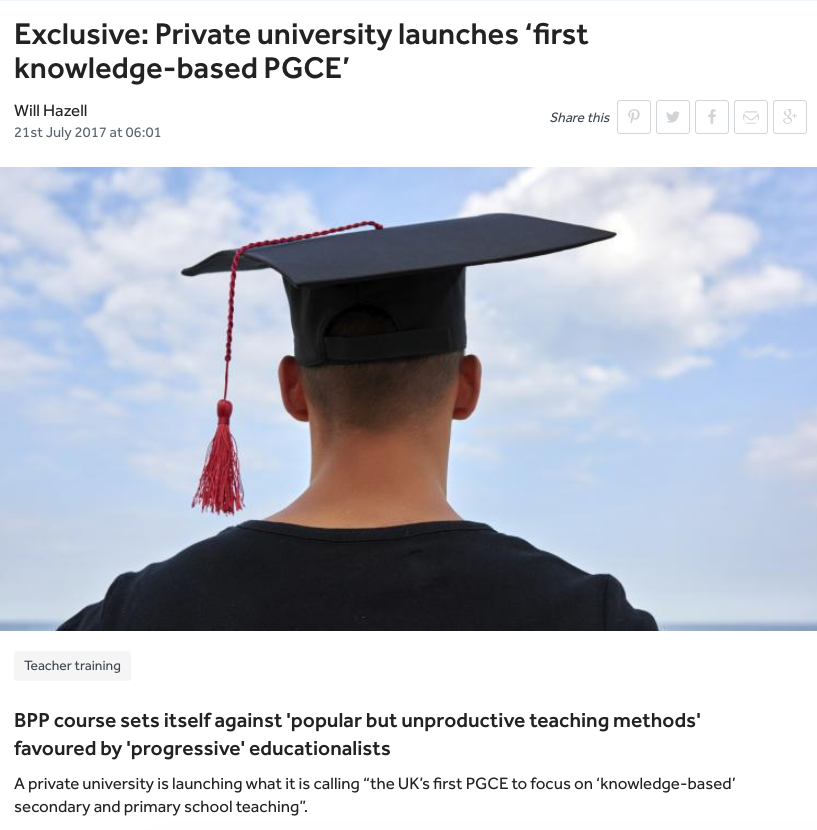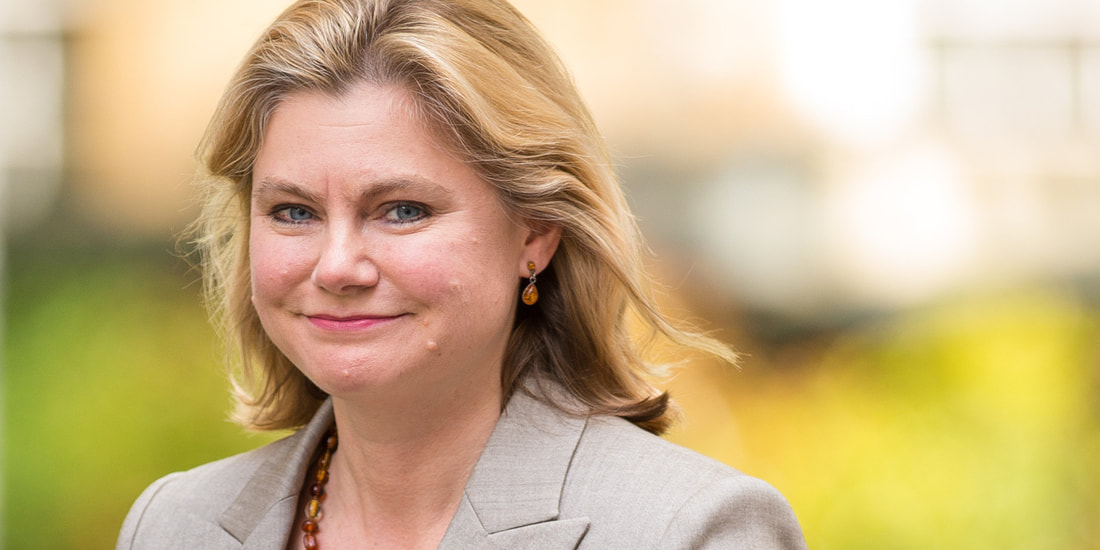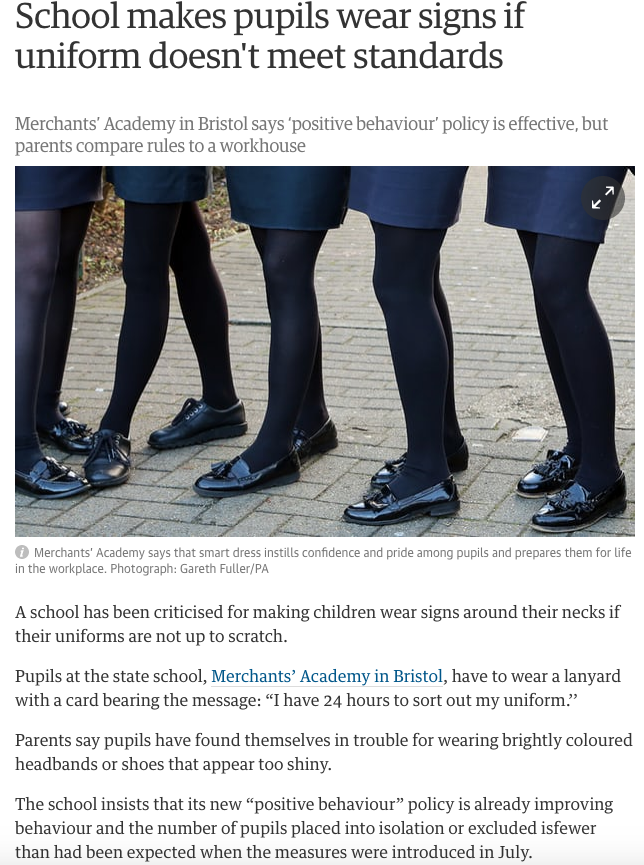|
Here is the text of a 21 July TES article (below) about a 'new' knowledge based PGCE. There are all kinds of issues with this : 1. Teachers should indeed be trained by the Higher Education institutions, sure, but not those operating on a 'for profit' basis. 2. Knowledge is surely a pretty cheap commodity these days. While i would always suggest that knowledge is key to learning, actually so is teaching. An the supposed 'progressive' reading list is not really progressive - and if it is to be read critically, a foundation in some of the more conventional reading is needed, too 3. Teachers have to be able to work in schools which are already established and use established methods - there is plenty of evidence for group learning, for transferable skills and so on being of value. 4 The course website apparently says that it will focus on some of the methods used in the UK's most innovative schools including '“direct instruction, feedback, questioning, modelling, deliberate practice and retrieval practice”. If this is the case, then, yet again we are brought back to the question about the purpose of education - what is it for? Is it to ensure we have 'banks of information' in students' heads - a concept that Freire disparaged many years ago - or is it to empower thoughtful, functioning members of society who think, read, consider issues critically and embody values which we would consider key for individuals to have? This is the text of the TES article...... A private university is launching what it is calling “the UK’s first PGCE to focus on ‘knowledge-based’ secondary and primary school teaching”.
BPP University, which provides law, accountancy and other professional qualifications, will offer its new course from September. It will be the first teacher-training course to explicitly align itself with the “neo-traditionalist” education movement that criticises “progressive” teaching styles, which often emphasise transferable skills, group work and hands-on learning. However, critics have branded the move “arrogant” and expressed concern about BPP’s for-profit status. The course’s programme director is Robert Peal, a history teacher at the West London Free School who was seconded to the Department for Education in 2015-16 to support schools minister Nick Gibb with policy advice and speechwriting. He said the creation of the new PGCE was in response to a “surge of enthusiasm over the past few years for knowledge-based education”. Mr Peal told Tes the course would differ from other PGCEs in its reading list, which would focus on authors such as Daisy Christodolou, ED Hirsch, Daniel Willingham and Doug Lemov. The course website says students will be introduced to “teaching methods that are growing in popularity amongst some of the UK’s most innovative schools”, including “direct instruction, feedback, questioning, modelling, deliberate practice and retrieval practice”. It also says students will “review the evidence calling into question popular but unproductive teaching methods such as discovery-based learning, minimal teacher guidance, and the tailoring of lessons to pupils’ individual learning styles”. Mr Peal also claimed the PGCE would differ from other courses because of its “big focus on actual subject knowledge”. Subject tutors will include writer and speaker David Didau, who will deliver English, Michael Fordham, who will be responsible for history and Bodil Isaksen, the former head of maths at Michaela Community School, who will run maths. Unlike most PGCEs, 50 per cent of the course will be based on an examination. BPP’s move has drawn criticism from some people in the university ITT sector. James Williams, a lecturer in education at the University of Sussex, said its claim to be providing the first PGCE with a knowledge-based focus was “arrogant, boastful and complete nonsense” because it suggested that knowledge is “eschewed by all other ITT providers”. James Noble-Rogers, executive director of the Universities Council for the Education of Teachers, said Mr Peal’s characterisation of other ITT providers was “outdated clichéd prejudice” with “no bearing on reality”. Concerns have also been expressed about BPP’s status as a for-profit organisation. Mr Noble-Rogers said other university providers were not in ITT to “make a buck”. However, BPP deputy dean Paul Evans said he believed the education world would be “absolutely comfortable” with his university’s status. BPP will not be directly recruiting students for the course because it is not certified by the National College for Teaching and Leadership (NCTL) to recommend people for QTS. Instead, it will be providing its PGCE as a “top-up” for trainees on school-centred initial teacher training programmes. It will offer about 20 places on its course via the Pimlico-London SCITT in 2017, and plans to roll out the PGCE on a wider basis in 2018 through a partnership with the Inspiration Trust academy chain. This is an edited article from the 21 July edition of Tes.
0 Comments
Justine Greening has announced £1.3 billion of additional funding for schools over the next two years – promising to maintain per-pupil funding in real terms until 2019-20. Apparently much of this is coming from the free schools budget - fair enough. But the rest is from 'efficiency savings'. So is there really any 'new' money? I think not.
This is , I think, quite extraordinary. One of the issues has been that the pupils have to wear shoes that are 'polishable' - what an interesting rule. Does that mean no patent (apparently some shoes are too shiny) or suede? And what is so great about polishable shoes? No idea.
I don't think I would ever call this a positive behaviour policy, so again, what an extraordinary use of language. What I should prefer to see is rules negotiated and agreed (with staff, governors, pupils and parents), sensibly enforced, and most of all, without humiliating pupils. Article taken from the Guardian, 17 July 2017 |
About me...
I was a psychology and social sciences teacher for many years and now I am in the throes of a leadership, teaching and research career in HE. I care passionately about education. This blog will show you why and how.
Categories
All
Archives
March 2023
|




 RSS Feed
RSS Feed